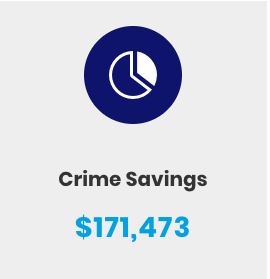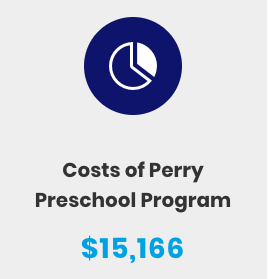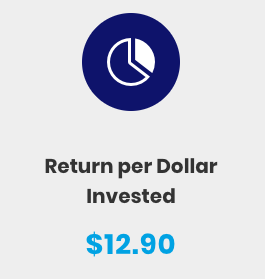Public education – it’s the best investment we can make
By Annie Kidder, Executive Director
“…the only thing more expensive than investing in education is not investing in education. Inadequate education produces high costs for society in terms of public spending, crime, health, and economic growth.”
Global Economic Symposium
If education – from early childhood through to post-secondary – were the stock market, everyone would want to invest.
In the market, investors are happy these days if their stocks give them a return of 5% a year. In public education, the return is more than double that!
The evidence of this high “return on investment” is clear from countless studies following people from early childhood into their forties and beyond.
Data from the Perry Pre-School Study , for example, show that every dollar spent on students when they were 4 and 5 years old, had a benefit/cost ratio of more than 13 dollars by the time they were 40.
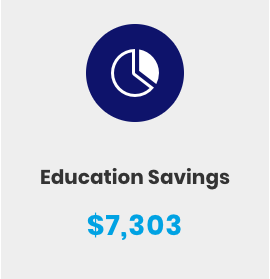
|
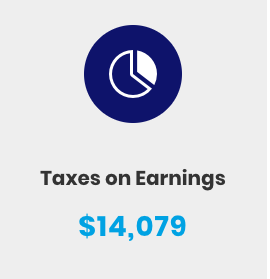
|
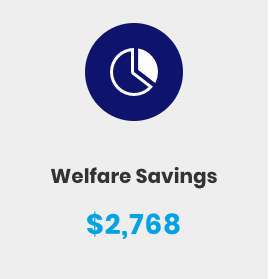
|
Results from Perry Pre-School Project |
||
Benefit for individuals and the public
There is no doubt that investing in education produces a private benefit. Individuals who are more educated are healthier, more likely to get good jobs and pay higher taxes, less likely to participate in risky behaviors, and more civically and socially engaged.
But the investment produces a public benefit as well. An OECD report on the benefits of early childhood education found that the benefits to society include: higher voting rates; reduced costs to the health care system; savings in welfare costs; reduced costs to the criminal justice system; increased rates of volunteerism; and, because more educated populations are more socially engaged, increased feelings of safety and trust.
In vesting in education is investing in society’s infrastructure
For some reason, we have no problem understanding the long-term benefits of investing in bridges and roads and other infrastructure, but when it comes to investing in the next generation – and, through them, the success of our country – we balk at the cost.
The economic benefits of education flow not just to individuals but also to governments through additional tax receipts when people enter the labor market. These public returns, which take into account the fact that providing education is also a cost to governments, offer an additional perspective on the overall returns to education. Of course, they must also be understood in the much wider context of the benefits that societies gain from raising levels of education.
The economic benefits of education: OECD
It costs approximately $12,000 a year to educate a child in Ontario, but according to American economist and Nobel laureate, James Heckman , we make back ten times that amount in the long run. According to Heckman, the investment in children results in “increased productivity, higher income, better health, more family investment, upward mobility, and reduced social costs.”
“Let’s start investing in it more”
“Education is truly one of the most powerful instruments for reducing poverty and inequality, and it sets the foundation for sustained economic growth. Let’s start investing in it more.”
These investments must be evidence-based, far-sighted, and to the benefit of all. Fairness, access, inclusion, and opportunity: the Canada we want is built on public education.

